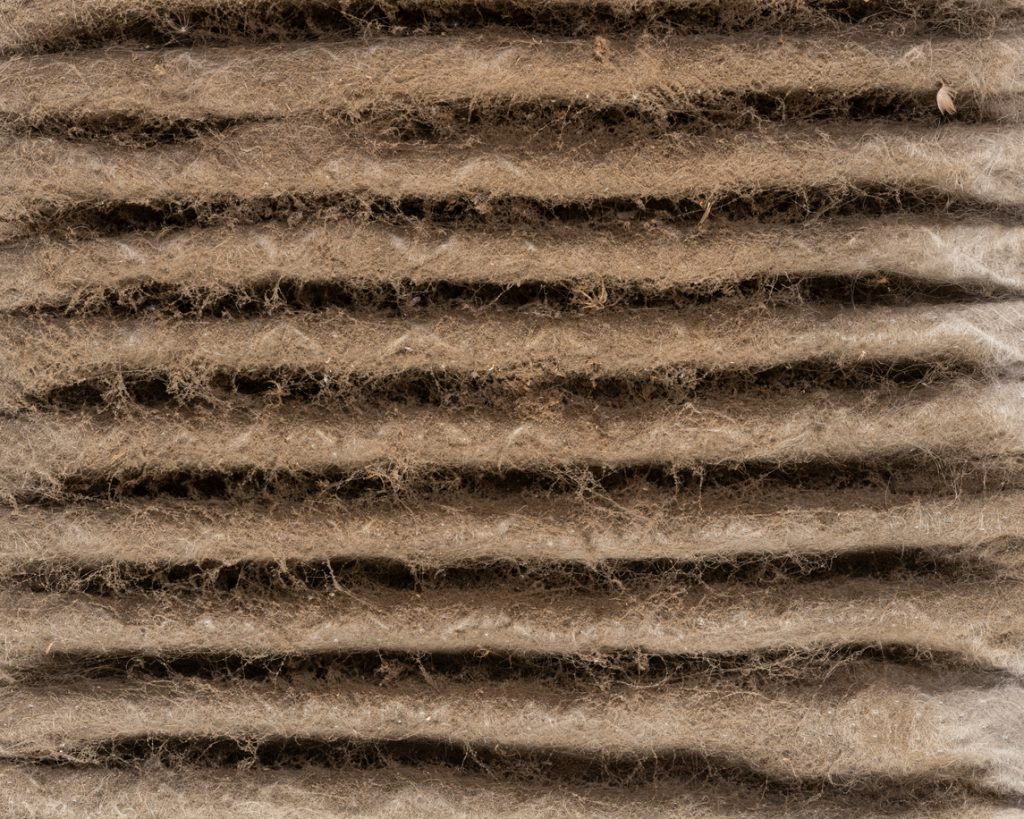Your air conditioner’s air filter keeps airborne contaminants out so that it can cool your home efficiently. A clogged filter increases your utility and repair costs by restricting the air flowing through the system. Consider these telltale signs that you have a clogged AC filter.
Poor Cooling
To cool your home, your air conditioner must pull air in, cool it, and circulate it back out. When you have a clogged AC filter, the system cannot draw the appropriate air through. This leaves your house improperly cooled, including inconsistent temperatures from room to room.
Reduced Airflow
Check the air coming from your vents to see if you can feel the air coming out. Simply put your hand or bare foot in front of a vent. If you can barely feel the air flowing out, you may have clogged air filters. Clogged filters restrict the air coming in, and therefore reduce the air moving out.
System Short Cycling
Short cycling happens when your air conditioner shuts down prematurely and then starts again quickly. When your AC filter is clogged, the evaporator coils get too cold because it isn’t absorbing heat. This triggers a safety switch to protect the coils from freezing.
Stronger Allergy Attacks
People around College Station deal with enough seasonal allergies, especially during the heavy pollen of spring. Your AC filter will catch many of the common allergens, relieving some of your symptoms.
However, when you neglect your filter, it becomes saturated with many of these allergens. As the system struggles to run, it’ll actually create blowback, pushing those allergens back into the air. This is why you’ll experience more sneezing, stuffiness, and congestion.
Climbing Energy Consumption
Your energy consumption can tell you a lot about your HVAC system, including your AC. Monitor the amount of energy your home consumes from month to month, especially compared to the year prior. When you notice your actual consumption continues to increase over the year prior, you have an issue that needs attention.
Clogged air filters are commonly the cause of increased consumption if ignored long enough. This happens when the system runs longer cycles due to restricted airflow and when it short cycles.
Increased Dust
More than an annoying problem, increased dust around your home may indicate contaminant buildup in your air conditioner. The most common place for that buildup is your air filter. One place you’ll likely see the additional dust is around your supply vents, so pay particular attention to those areas as you clean.
Clogged air filters may not be the only cause of some of these problems. If your filter is clean, call to schedule an AC repair appointment with an expert technician from Cover HVAC today.




